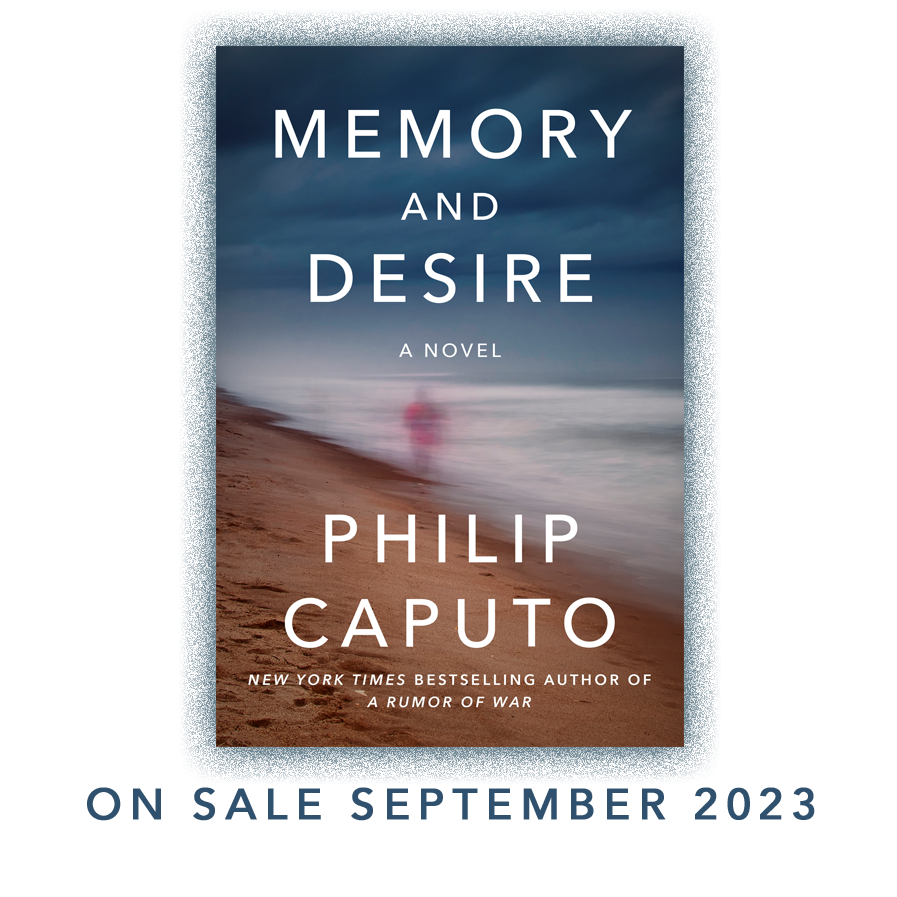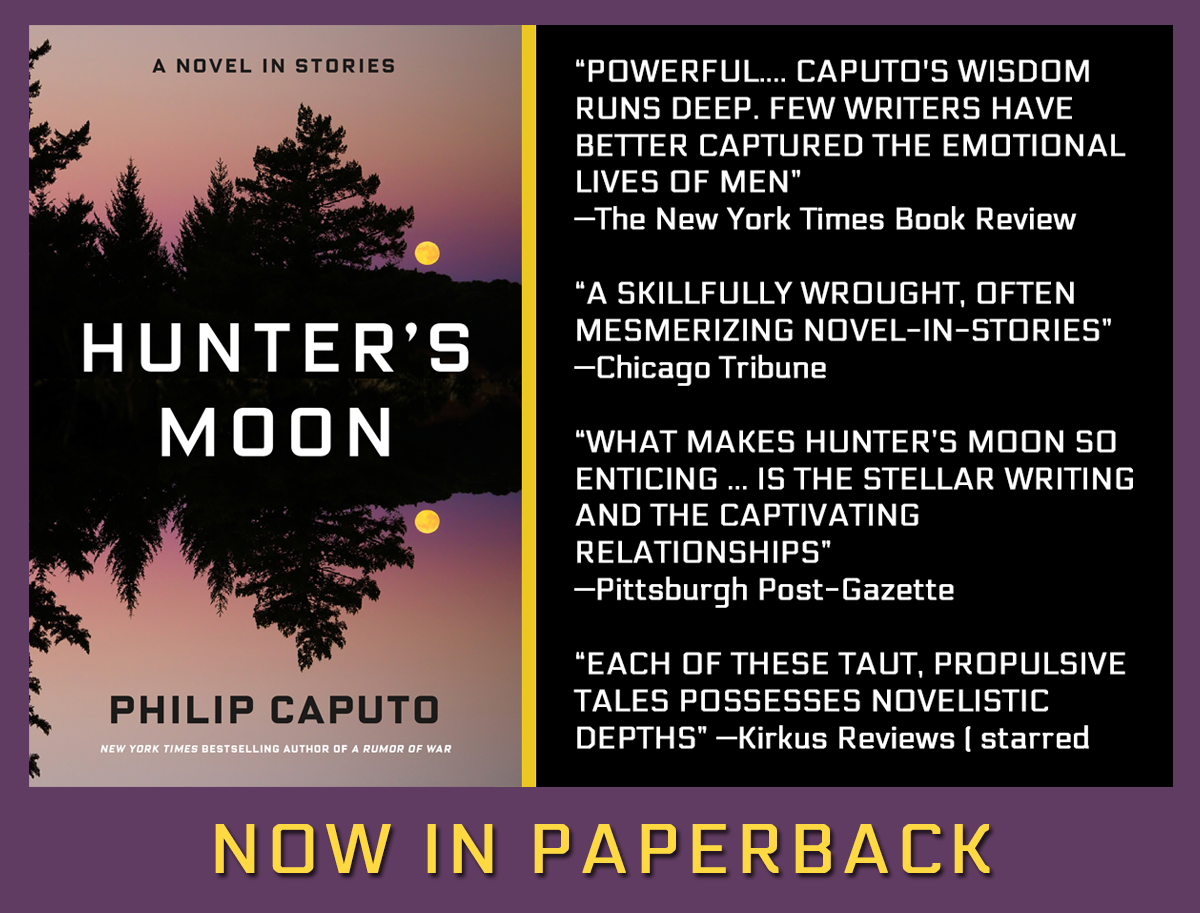A post office delivery driver rang the doorbell at a little past nine this morning. In her hands was a cardboard box with the return address for the Edwin Bennett Funeral Home in Scarsdale, N.Y. and a sticker that read, in small type, United States Postal Service, and in capitals, CREMATED REMAINS. The package, addressed to Leslie, required her signature, but she was out grocery shopping, so I signed for her. The driver, her voice muffled by a face mask, wished me a nice day, and I wished her one in return, and took the box and set it on a counter. Leslie opened it when she returned from Stop & Shop. A cylinder printed with a pastel rendition of a sunset was inside, and inside the cylinder a portion of the ashes of her best friend, whose death from the Corona virus was the subject of the first post in this blog. Karen Wessel Marcus. It had been sent to Leslie at the request of Karen’s family. Looking at the container, we thought it seemed too small to hold even a part of her mortal remains. Is this all that’s left of a person we had known and loved, with her own personality, hopes, fears, memories, wishes, in short all that had made Karen who and what she was, a human being unique as her fingerprint?
Today’s events in our lives were re-enacted all over the country, all over the world. Re-enacted thousands and thousands of times. There will be at least as many tomorrow, probably more. Coffins lowered into graves, urns placed on mantlepieces or shelves or wherever you put such things. It’s part of everyday life in the year of the pandemic, when the ashes of your friend are delivered to your door like a Christmas or birthday present.



Thank you, Phil. My best to Leslie. Quite something to share.
Our cinc cretin in chief , his monumentally unsuitability for the job make this a terrible era sadly
Oh Leslie, I am so very sorry. I had hoped this wasn’t to be. Words can’t express.
Bless you for sharing this!